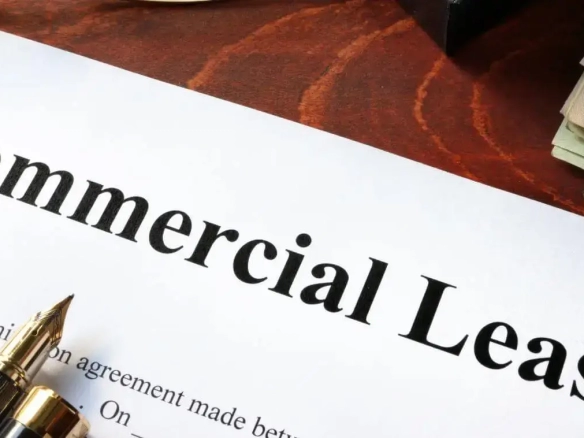When property is given to another person without any or little consideration, it is termed a gift. The property can be movable or immovable. A gift is valid if it is made voluntarily by the person giving the property and is accepted by the person to whom it is given. Let’s discuss how immovable property can be gifted to a near one.
Gift Deed
A gift deed is an agreement that is used, when a person wishes to gift his property or money to someone else. A moveable or immovable property can be gifted voluntarily using gift deed, from the donor to the donee. A gift deed allows the property owner to gift the property to anyone and avoids any future dispute arising out of succession or inheritance claims. A registered gift deed is also evidence in itself and unlike in the case of a will, the transfer of property is instant and you will not be required to go to the court of law for execution of gift deed and hence, deed of gift also saves time.
Parties
The person giving the gift is known as the donor and the one receiving the gift is known as the donee.
Deed of gift
If an immovable property is being given as a gift, it amounts to transfer of property and must be made in writing through a gift deed. This deed needs to be signed by the donor and the donee in the presence of two witnesses.
Registration of gift deed
Deed must be registered with the local registration authorities. Both parties need to be present at the time of registration. Registration fees as stipulated must be paid. The following documents need to be submitted:
- Purchase agreement with Index II of the property
- Society registration certificate, share certificate, apartment deed as the case may be
- Aadhaar and PAN of both parties
- Latest electricity bill
- Property tax paid documents with respect to the property
- Encumbrance certificate.
Stamp duty
Stamp duty is applicable and must be paid as percentage of market value of the property. If the gift is being made to a close relative, a lower stamp duty is applicable, compared to normal transfer of property to some other person. If the gift is made to a specified relative, no tax will be applicable in the hands of the donee.
Points to Note
- For the gift to be valid, the gift should be made and accepted during the lifetime of the donor and the donee.
- The gift needs to be an existing property and not future property.

Can I revoke a gift deed?
After the property has been gifted, lawfully, it becomes the donee’s and cannot be revoked easily. However, according to Section 126 of the Transfer of Property Act, 1882, revoking of a gift deed may be allowed under certain circumstances:
- If the gift deed was made due to coercion or fraud.
- If it is determined that the grounds of gift deed were immoral, illegitimate or reprehensible.
- If it was agreed upon from the beginning and is described in the gift deed as revocable under certain circumstances.
In such cases, even in the event of the death of the donor, his legal heirs can go ahead with the gift deed revocation.
Can a property be gifted to a minor?
In case the property as a gift deed is being gifted to a minor, his/her legal guardian must accept it on the minor’s behalf. The minor may also accept or return the gift if he/she chooses to do so, after attaining the legal age.




